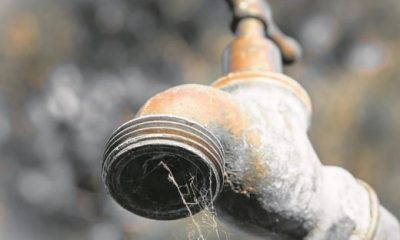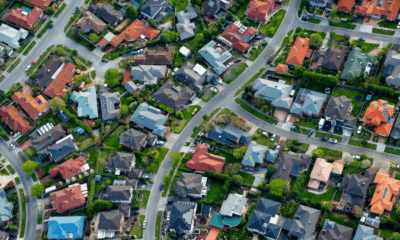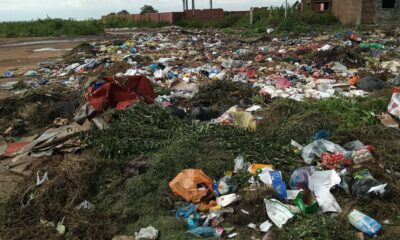Best of Johannesburg
What Is Pikitup and What Are You Actually Paying for Each Month? 2025
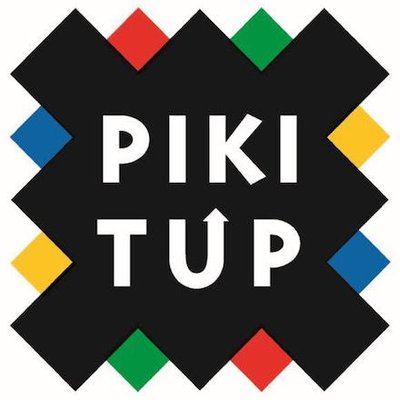
Ever wondered what your Pikitup charge actually pays for?
Every month, as part of your property rates in Joburg, you’re paying for a service with a critical mission: to keep our city clean, green, and functioning. Pikitup doesn’t charge per bin collection. Instead, your fee contributes to a wide range of essential waste services across Johannesburg. Let’s unpack what you’re really paying for, and why, in 2025, it matters more than ever.
Also read: Prepaid Electricity Hacks: How to Stretch Your Units Further in South Africa 2025
One Fee, Many Services
Whether you live in Cresta or Sandton, that monthly charge covers far more than your usual black bin pick-up. Here’s what your rates are funding:
-
Regular bin collections from households and around 17,000 businesses across Joburg’s seven regions, servicing over 3.2 million people.
-
City-wide cleaning: This includes street sweeping, clearing illegal dumping, and by-law enforcement (all under the city cleaning levy).
-
Landfill and garden site operations: Pikitup manages four landfill sites and 33 garden refuse drop-offs, with fees charged per ton of waste disposed.
-
Bulky waste collection: Each household can book one free bulky item removal a month (perfect for getting rid of old furniture or broken appliances).
-
Bin replacement and management: Your 240-litre bin remains Pikitup property and must stay with the house if you move. Replacements cost around R320, unless stolen, in which case you’ll need a police case number and affidavit.
How the Cost Is Calculated
Your Pikitup charge isn’t based on how often your bin is emptied; it’s tied to your property value and whether the land is zoned residential or non-residential.
-
Homes valued at R350,000 or less (or officially classified as indigent) are exempt from refuse charges.
-
All other homes are billed on a tiered scale; the higher the property value, the more you pay.
-
Businesses and larger developments pay both refuse and city cleaning levies, based on municipal valuation.
-
For 2025, the City of Johannesburg implemented a 6.6% increase in waste removal fees, one of the more modest rises in this year’s municipal budget.
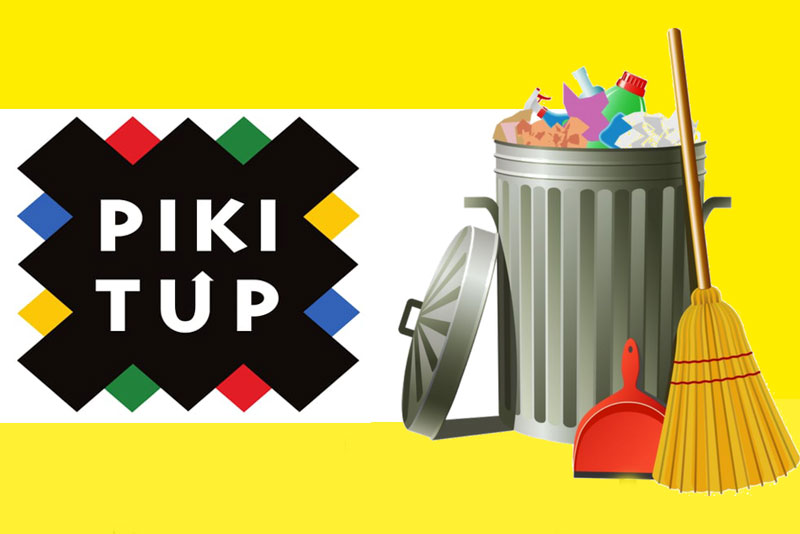
Image 1: SABC News
From Landfill to Innovation: Pikitup’s Bigger Plan
Pikitup has grown from a bin collection service into a key player in the city’s environmental sustainability efforts.
-
It operates 12 regional depots and 44 garden sites and maintains four licensed landfill sites, many of which are receiving major upgrades this year.
-
Working with the Johannesburg Development Agency, the city is investing millions into modernising waste infrastructure in Linbro Park, Ennerdale, Midrand, and other priority areas.
-
The long-term goal is ambitious but crucial: zero waste to landfill. Though the original target year of 2022 was optimistic, Pikitup continues to drive this goal through large-scale recycling, composting, and even electricity-generating solutions.
-
A new incinerator plant project is in the pipeline aimed at converting waste into power to help reduce dependence on landfill space.
On the Ground: What Residents Experienced This Year
In April 2025, Pikitup staff downed tools at 12 depots across the city, disrupting bin collections and sparking concern on social media. The City responded quickly, and the mayor’s office rolled out a recovery plan to restore services that same weekend.
The moment was a reminder that Pikitup isn’t just trucks and bins; it’s people. Waste management is powered by workers who live in our communities and keep the system moving.
Why It All Matters to You
-
You don’t pay per bag, which means recycling more helps reduce long-term city costs, even if your monthly fee stays the same.
-
Illegal dumping and landfill pressure remain major concerns, which is why investments in smarter systems, from sorters to solar-linked landfills, matter.
-
Your monthly waste fee is fuelling change: moving Joburg toward a more circular economy where waste is reduced, reused, or repurposed, not just buried.
Bottom Line
That monthly “waste” charge isn’t just about your bin getting emptied on a Tuesday. It supports an entire network of infrastructure, innovation, and human effort, from the kerb in front of your house to the back end of a landfill.
In 2025, Johannesburg is rethinking what waste means. And you’re part of the shift: paying into a cleaner, smarter future.
Also read: Uber vs Bolt vs InDrive: Which One Is Actually Cheapest in Joburg? 2025
Follow Joburg ETC on Facebook, Twitter , TikTok and Instagram
For more News in Johannesburg, visit joburgetc.com
Featured Image: X (formerly known Twitter)/@CleanerJoburg



